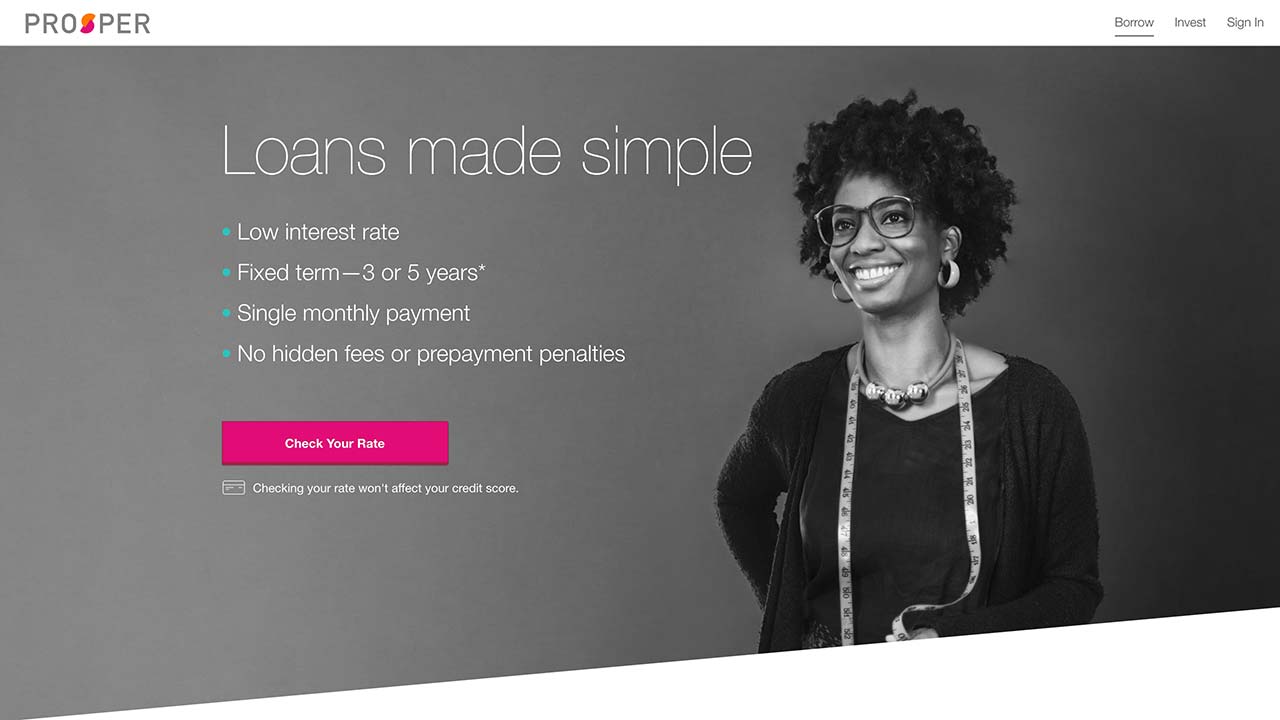Table of Content
- What is a Home Improvement Loan?
- Have questions about loan options for your home improvement project?
- Best for Terms of Up to 72 Months
- FHA Title 1 Property Improvement Loan – Best for homeowners with poor credit and low equity
- What Are Home Improvement Loans and How Do They Work?
- Best Overall Home Improvement Loan
The maximum value is the largest amount a lender will give although this amount may not be available to borrowers who don’t have good or excellent credit. Bankrate’s scores for personal loan lenders evaluate 11 data points related to loan costs and terms, as well as customer experience. Although there is no prequalification option, Lightstream loans do come with a rate match and autopay discount and refinancing loans are also available. Upgrade offers home improvement loans from $1,000 to $50,000, so you can tackle a project of any size. They come with APRs as low as 7.46% when you choose automatic payments, but the upper range is 35.97%, which is relatively high. For reference, the average APR on a 24-month personal loan is 9.09%, according to the Federal Reserve.
Most important, it can help you find loans for which you qualify, even if your credit score isn’t perfect. This tool estimates how much equity you have built up in your home. This number can be used to help determine loan qualification purposes on a loan or a credit line against your home equity for up to four lender Loan-to-Value ratios. Check your rate before completing a full application to see what you may be eligible to borrow. Strategically use a credit card to cover the cost of your upgrades.
What is a Home Improvement Loan?
In summation, home improvement loans are designed to help you finance repairs, upgrades, and real estate enhancements of myriad kinds. Term LengthThe term length when it comes right down to home loans is something that is interesting to behold. Some of the mortgages are going for 20 years as well, but these tend to be for people that are very reliable when it comes to their credit history. The vast majority of people will end up settling for a 25 year mortgage. However, if you finance your home improvement using a refinance or home equity loan, some of the costs might be tax-deductible. That said, if you’re paying tons of interest on credit card debt, using your home equity to pay that off would make sense, too.

Because you don’t use the house as collateral for this type of loan, the interest rate is based on information like your credit and income. If you can’t repay a home improvement loan, your credit will take a hit. Home equity loans often have lower interest rates because your property backs the loan. If you default, the lender can seize your home to recoup its losses. Home improvement loans usually have higher interest rates because there’s more risk to the lender, but the borrower doesn’t take the chance of losing their home. Home equity loans, on the other hand, use the home’s equity as collateral.
Have questions about loan options for your home improvement project?
Personal loans meant for home improvement can still be used for other expenses, should the need arise. The same applies to funds acquired through a cash-out refinance, home equity line of credit, or home equity loan. Home improvement loans acquired through federal loan programs are stricter. After meeting eligibility requirements, pre-qualified contractors must make all repairs, and funds must be used for home improvements, as defined and approved by the lender and FHA. Alternatively, you can shop for a home improvement loan on this website.

This lender offers loans from $2,000 up to $50,000, a good range for something like a basement remodel or remodeling a bathroom. Keep in mind that some lenders will allow you to choose and change your due date, which can be helpful if an emergency pops up and you need extra time to make your payment. Most lenders allow you to manage your account online or by mobile app, so you can make changes without contacting customer service. NFCU loan amounts range from $250-$50,000 and are offered to members in all 50 states.
Best for Terms of Up to 72 Months
Exact thresholds are not always disclosed by a lender and in certain cases the minimum score is the best estimate based on publicly available information. Bankrate’s picks for the top home improvement loans considers the interest rates, terms and features each lender has to offer. Once you’ve selected a lender and prequalified for a loan, gather the necessary information and documents. You’ll likely need to provide information such as your Social Security number and proof of income. Decide whether you’d like to apply online or by phone with help from customer service, and then go through the approval process. Upgrade loans come with an origination fee of 2.9% to 8% of the loan amount, which will be deducted from your loan proceeds.
Rates range from 6.99% to 24.99% APR, and loan terms range from 36 to 72 months. Only the most creditworthy applicants qualify for the lowest rates and longest loan terms. To obtain a loan, you must submit additional documentation including an application that may affect your credit score. The availability of a loan offer and the terms of your actual offer will vary due to a number of factors, including your loan purpose and our evaluation of your creditworthiness. Rates will vary based on many factors, such as your creditworthiness and the length of your loan .
When you replace your roof and gutters, for example, you protect your home from water damage. Our team evaluated 38 lenders and collected 1,520 data points before selecting our top choices. We weighed more than 20 criteria and gave a higher weight to those with a more significant impact to potential borrowers.

But most complaints on Trustpilot are regarding the lender’s credit card products. Overall, we’re impressed with Discover’s unsecured personal loan offering. The best home improvement loans offer quick and easy access to the funds, come with low APRs and no prepayment penalties, and have flexible repayment terms.
You’ll need good or excellent credit to qualify for a zero-interest or rewards card. If you think your project will cost more than that, look for a lender that offers higher loan amounts. You can use your funds to finance your improvement expenses, such as redoing your kitchen or upgrading the electrical in your house. Unlike a credit card, which has a limit you can reuse as you repay your balance, you cannot reuse your loan funds.

Many or all of the products featured here are from our partners who compensate us. This may influence which products we write about and where and how the product appears on a page. We believe everyone should be able to make financial decisions with confidence. There are no specific prohibitions on the use of Upgrade loans other than those already imposed by law.
Although you may face higher interest rates and shorter repayment terms than under alternative loan options, you won’t put a lien on your home by signing up for one. All personal loans are made by Cross River Bank, a New Jersey state chartered commercial bank, Member FDIC, Equal Housing Lender. Please refer to our Disclosures and Licenses page for state required disclosures, licenses, and lending restrictions.
Loan approval is subject to credit approval and program guidelines. Interest rate and program terms are subject to change without notice. A home improvement loan is a lump sum of money that you repay in fixed monthly installments over one to 12 years. Unlike home equity loans or home equity lines of credit, the loans are not secured by your home, and approval is based mainly on your creditworthiness. Apply in person at smaller banks and credit unions, but larger ones and online lenders usually offer online applications.

No comments:
Post a Comment